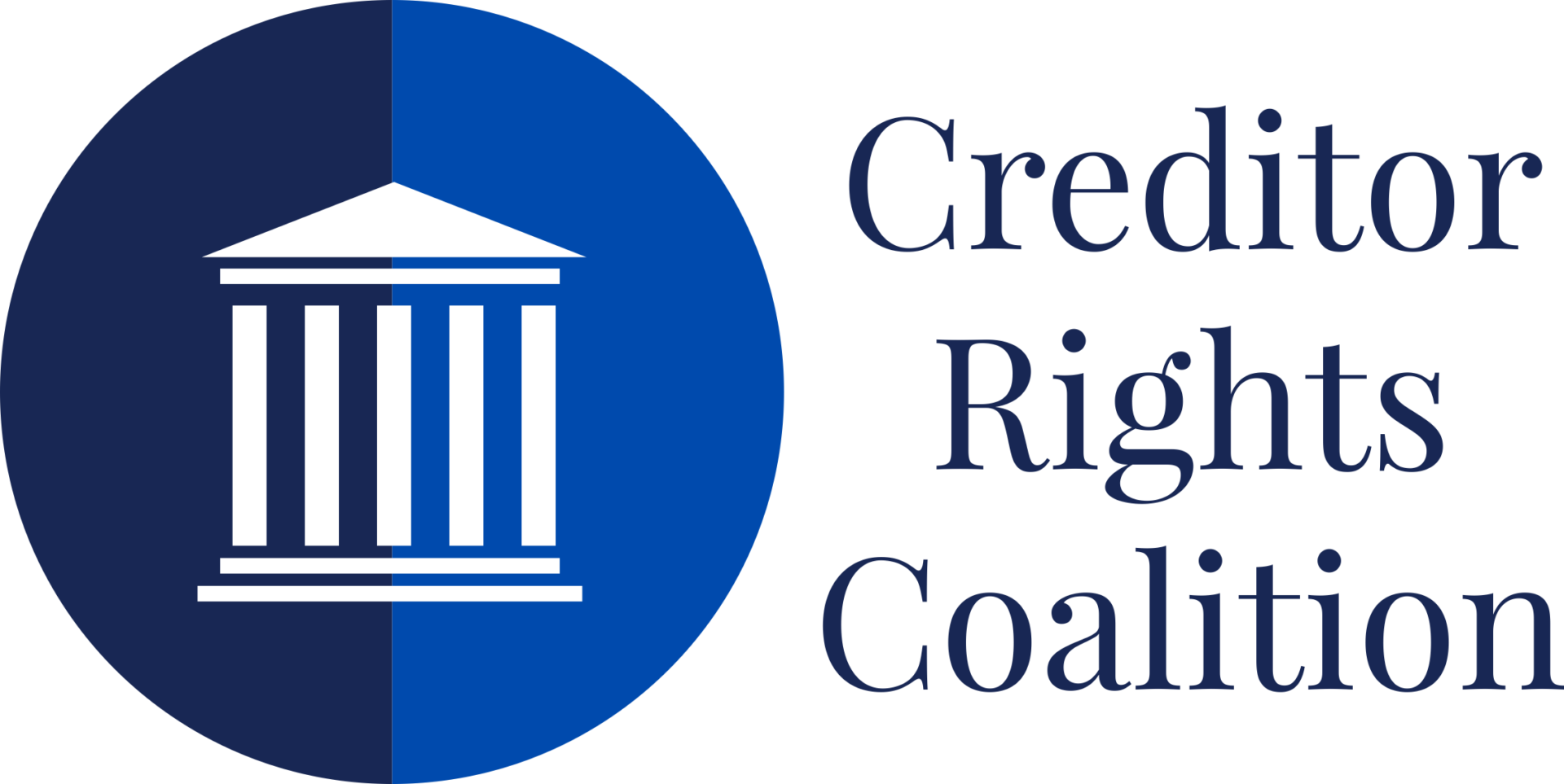Posts Tagged
Rachel Albanese
CRC Contributor Rachel Ehrlich Albanese speaks with former hedge fund manager Dominique Mielle, author of 2021’s Damsel in Distressed: My Life in the Golden Age of Hedge Funds. Mielle spent two decades as a partner and senior portfolio manager at Canyon Capital Advisors and was named one of the “50 Leading Women in Hedge Funds” by the Hedge Fund Journal and E&Y. Rachel Ehrlich Albanese: You are one of the pioneering women in hedge funds. Today we are going to talk about what it’s like to be a woman on Wall Street. You came up with a very clever way…
The second topic our Contributors take on is the practice of appointing “independent directors” for troubled companies, often on the eve of bankruptcy. We received a wide range of responses from our Contributors, with many feeling the process is “at least superficially, if not substantively, flawed” (Albanese). That was not a uniform reaction though, and the diversity of our Contributors showed the differing views of the market. Many did not want the actions of a few bad apples to overshadow the essential role independent directors can play in “stabilizing” an uncertain situation (Heimowitz) and for calling out “bullsh*t” if necessary…
Independent directors play an important role in the restructuring process. True independence means not acting at anyone’s behest or being beholden to anyone, however. Unfortunately, the frequent use of repeat player independent directors in cases involving the same professionals, as so many of our cases often do, means that the process is at least superficially, if not substantively, flawed.
Tell us what you think of recent decisions by the District Courts in the SDNY and EDVA reversing plan confirmation based on presence of non-consensual third-party releases? Did these Judges get it right? How do non-consensual third-party releases affect creditor rights (both positively and negatively)? What are the implications of these decisions more broadly for the efficacy and integrity of the Chapter 11 process?
